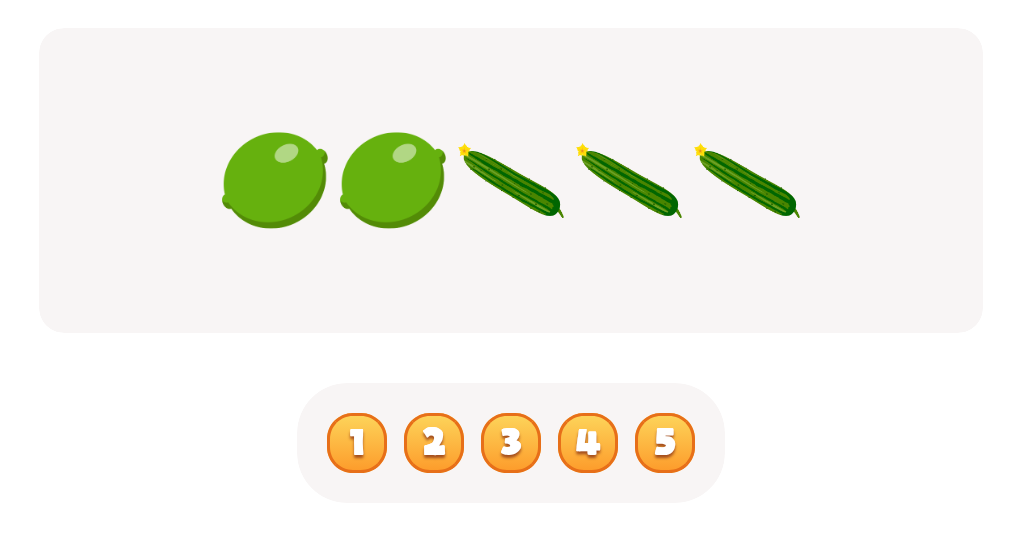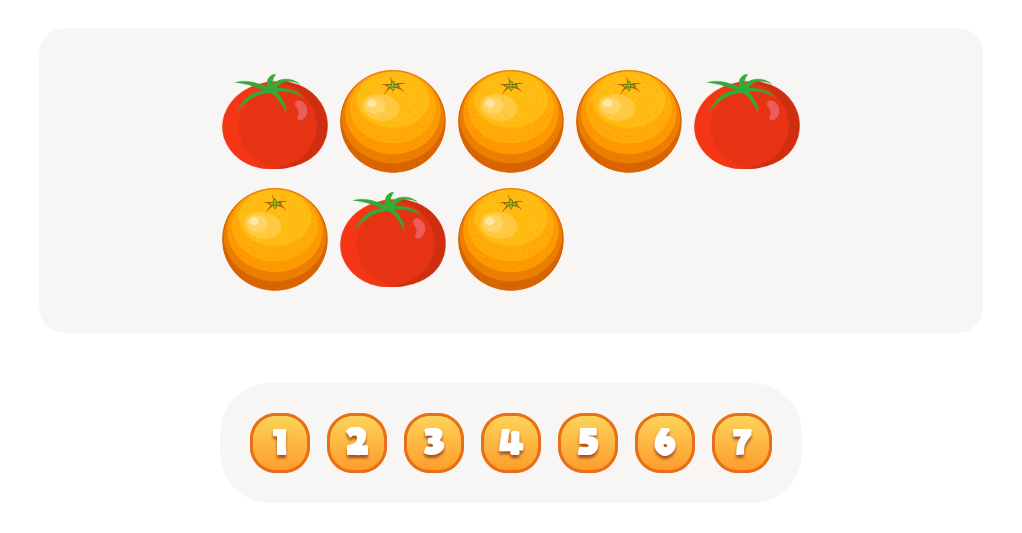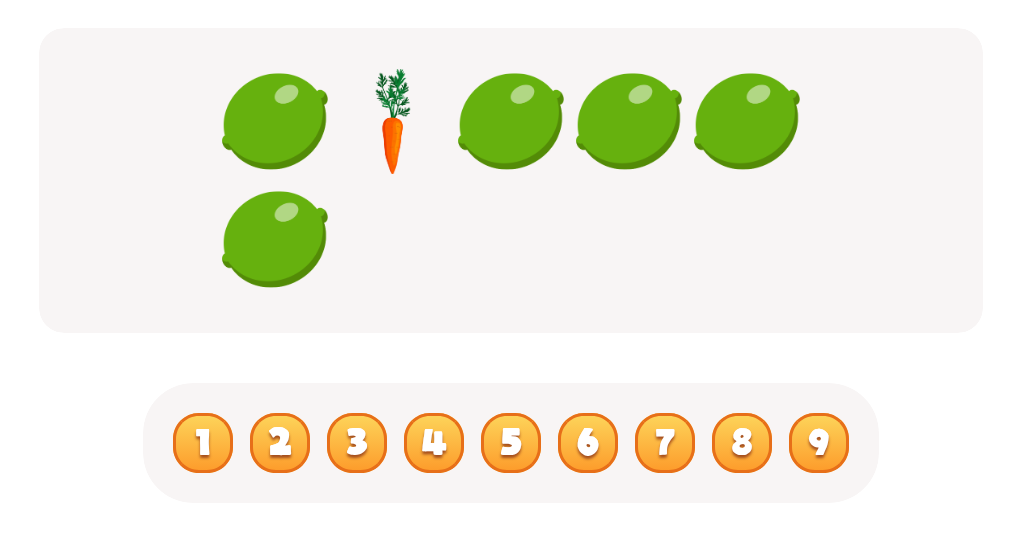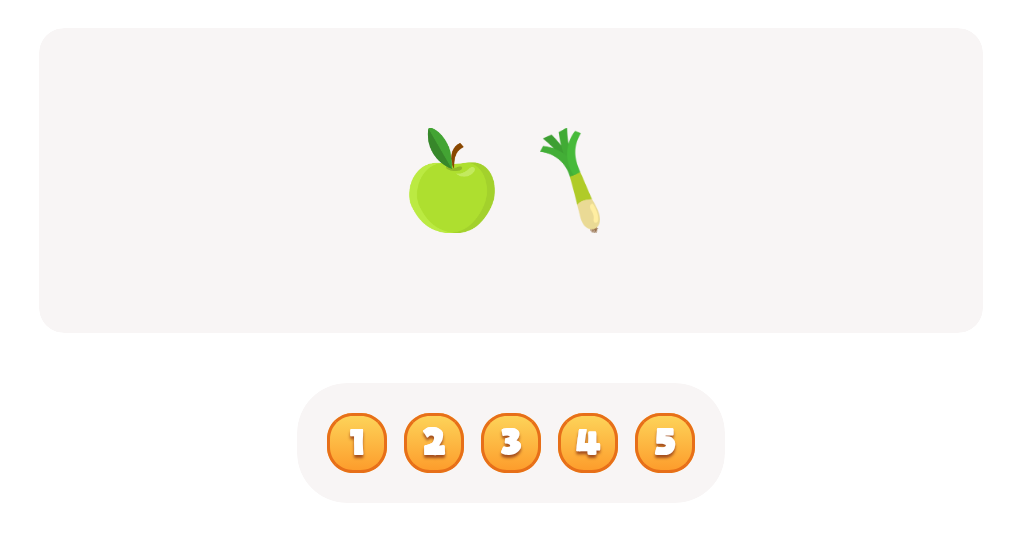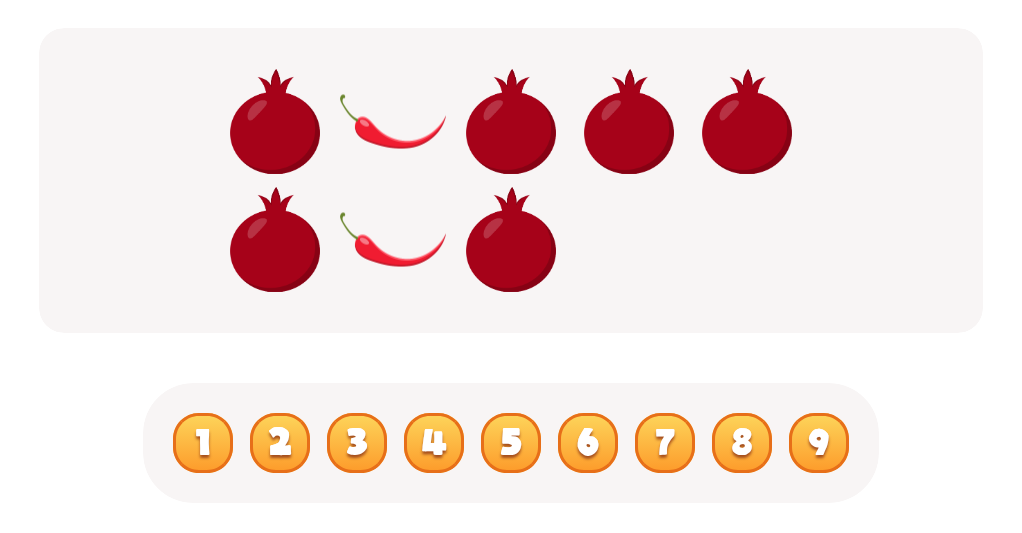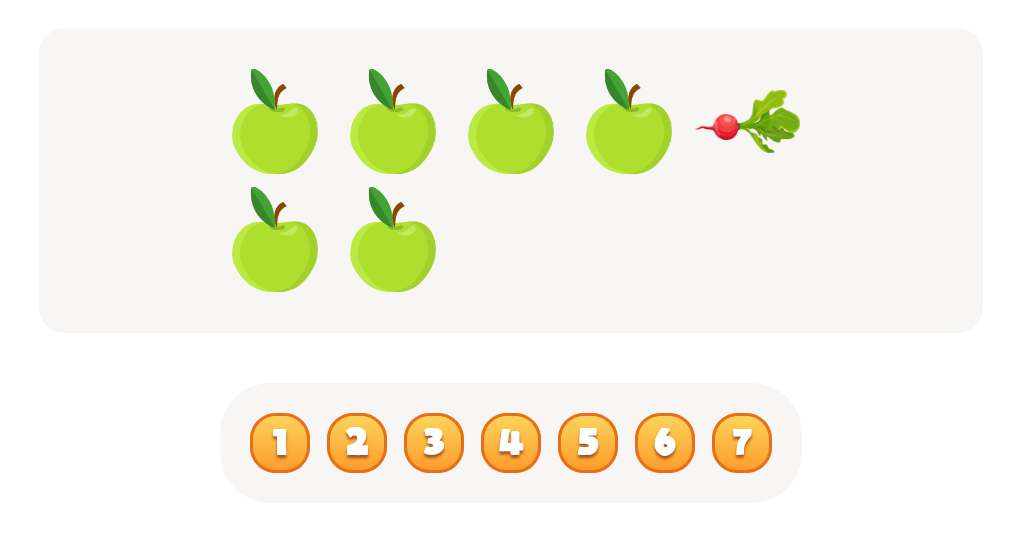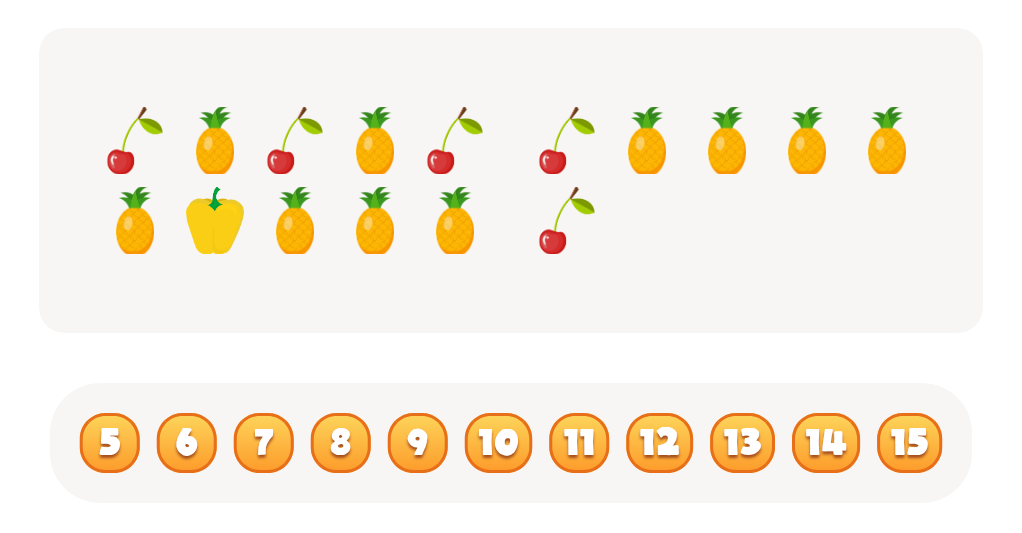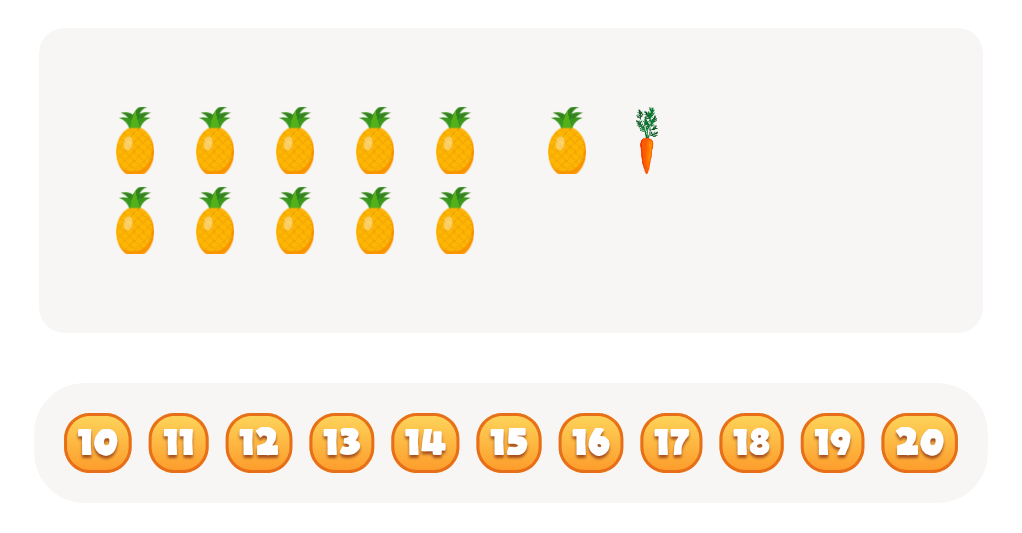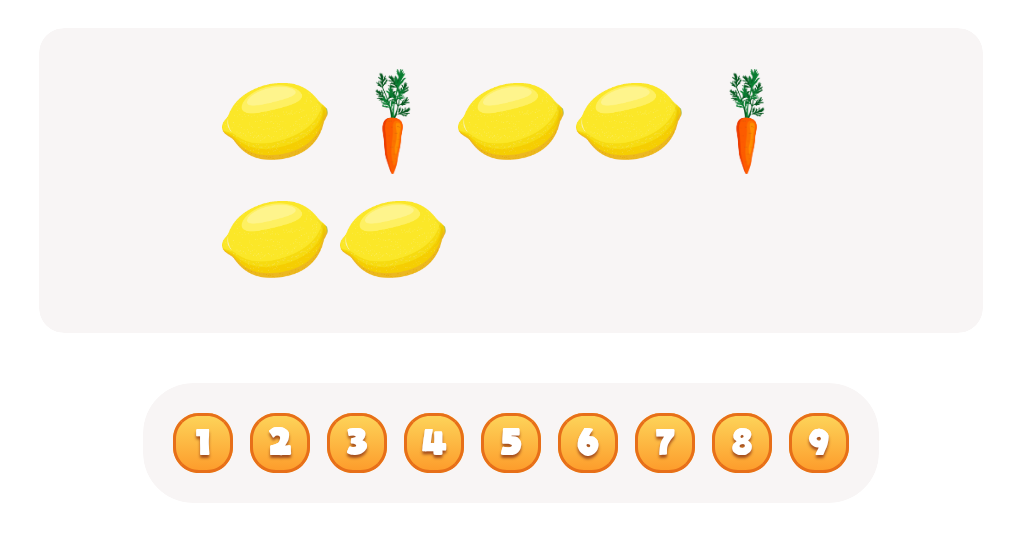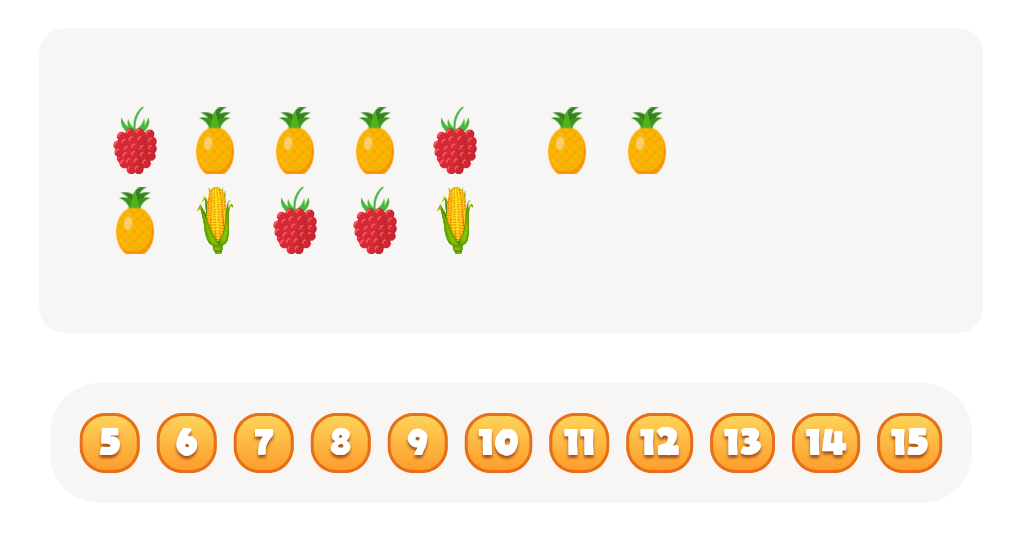Vocabulary expansion Plants and Animals Worksheets for Ages 8-9
8 filtered results
-
From - To
Enhance your child's vocabulary with our engaging "Plants and Animals" worksheets, designed specifically for ages 8-9. These educational resources provide an exciting way for young learners to explore the world of flora and fauna while expanding their language skills. Each worksheet includes interactive activities that encourage critical thinking, comprehension, and vocabulary usage related to habitats, life cycles, and ecosystems. Perfect for both classroom and home use, our worksheets will captivate your child's interest in science and help them articulate their observations clearly. Equip your child with the vocabulary tools they need for academic success and a deeper appreciation of nature!
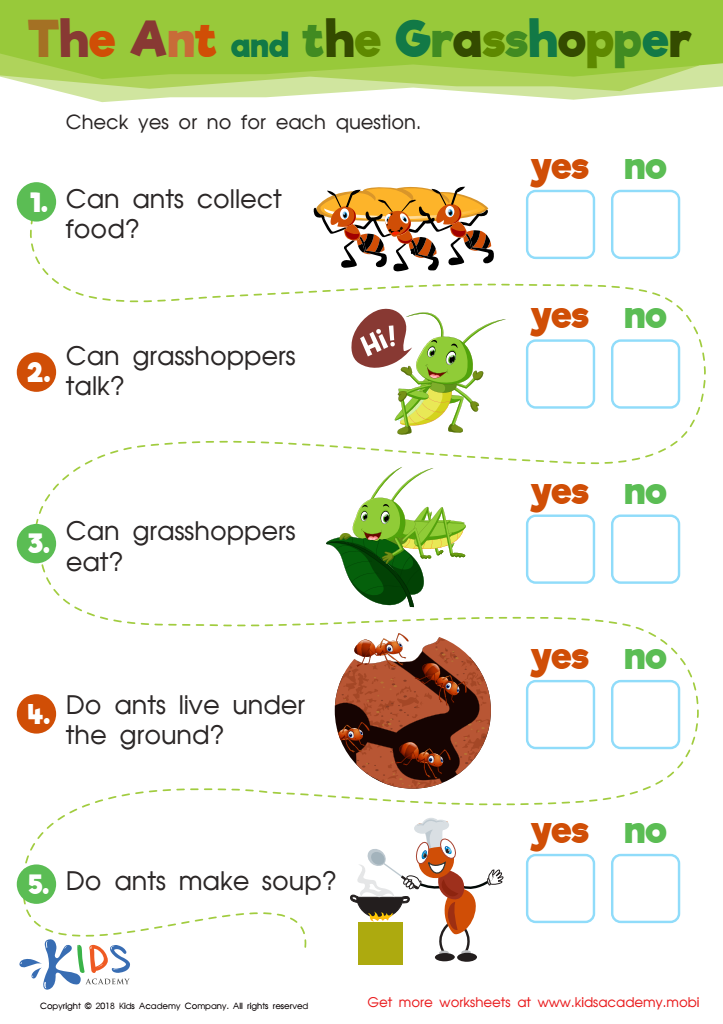

The Ant and The Grasshopper Worksheet
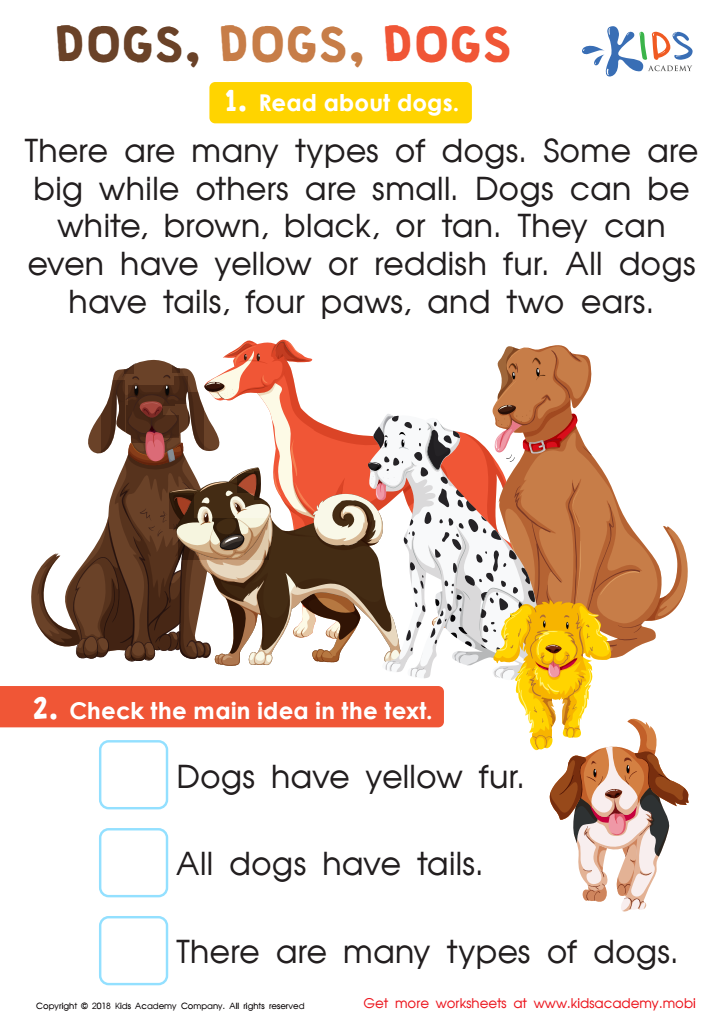

Dogs, Dogs Worksheet
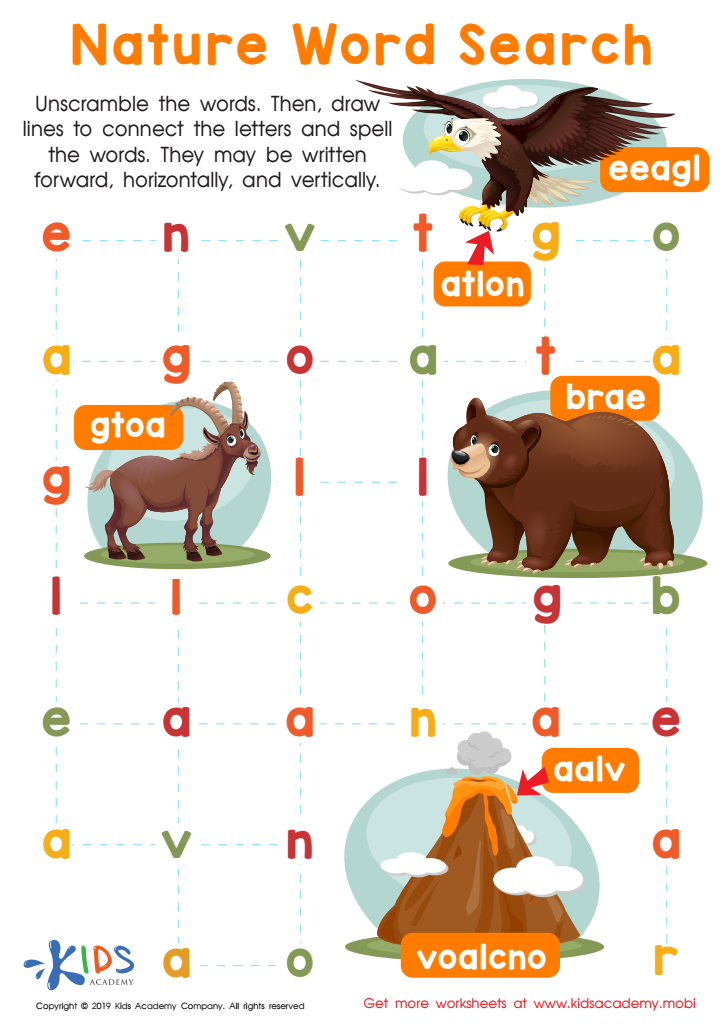

Nature Word Search Worksheet
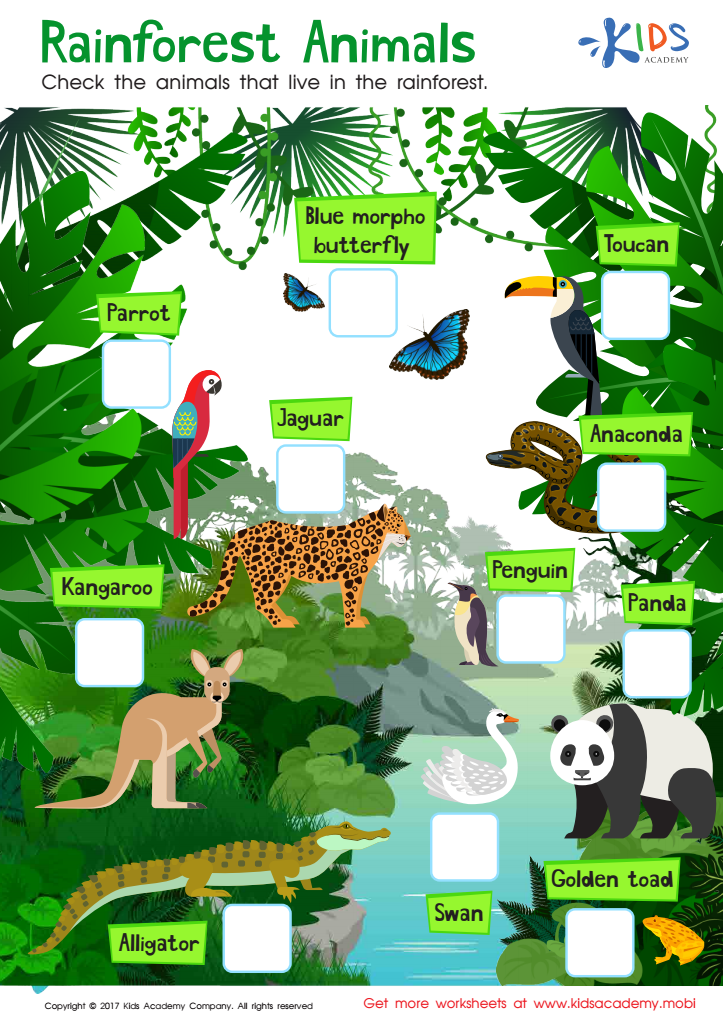

Rainforest Animals Worksheet
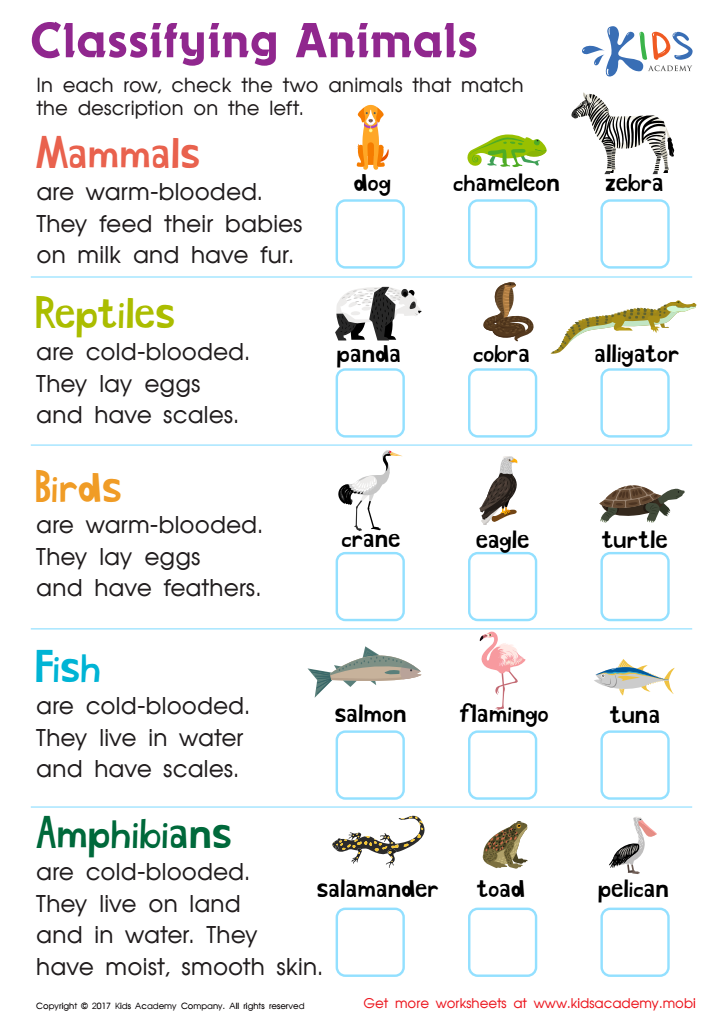

Classifying Animals Worksheet
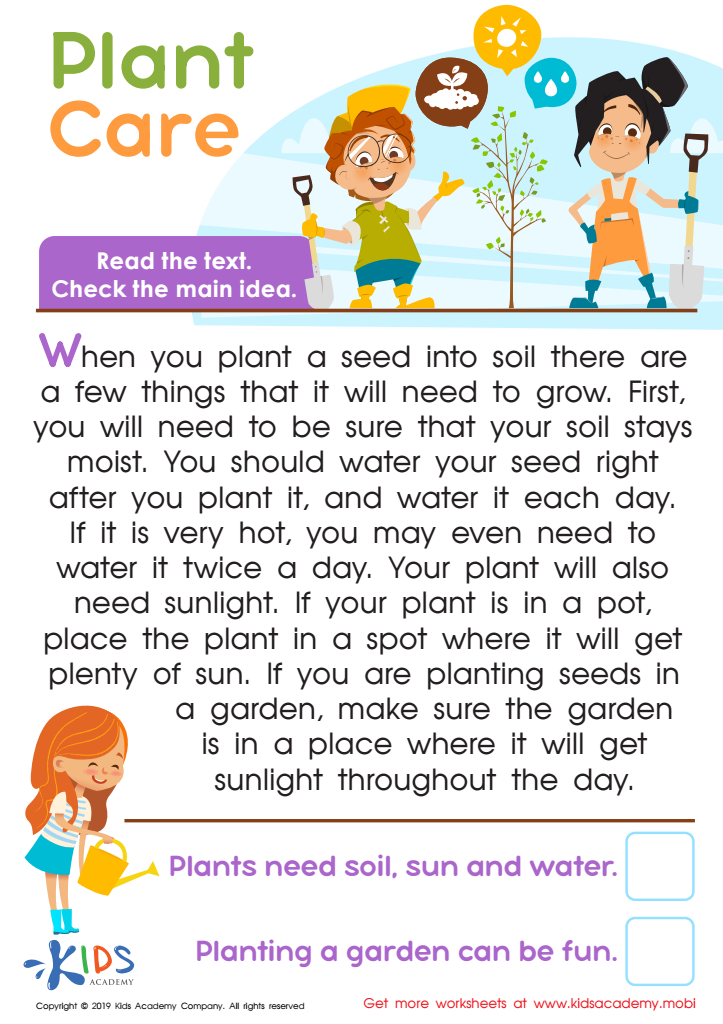

Plant Care Worksheet
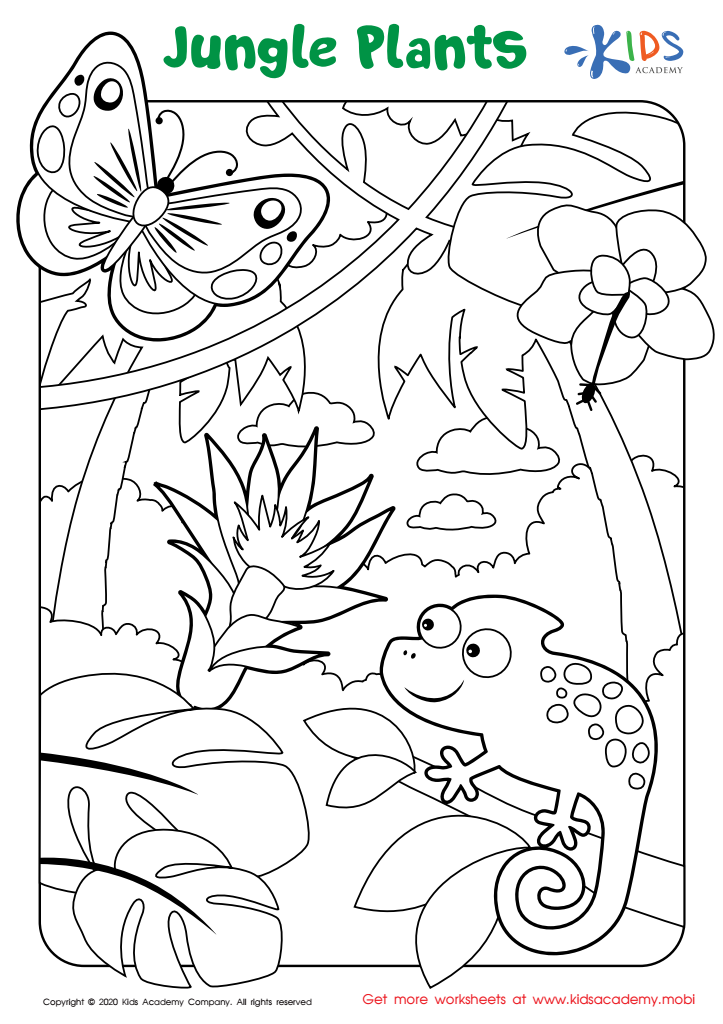

Jungle Plants Worksheet
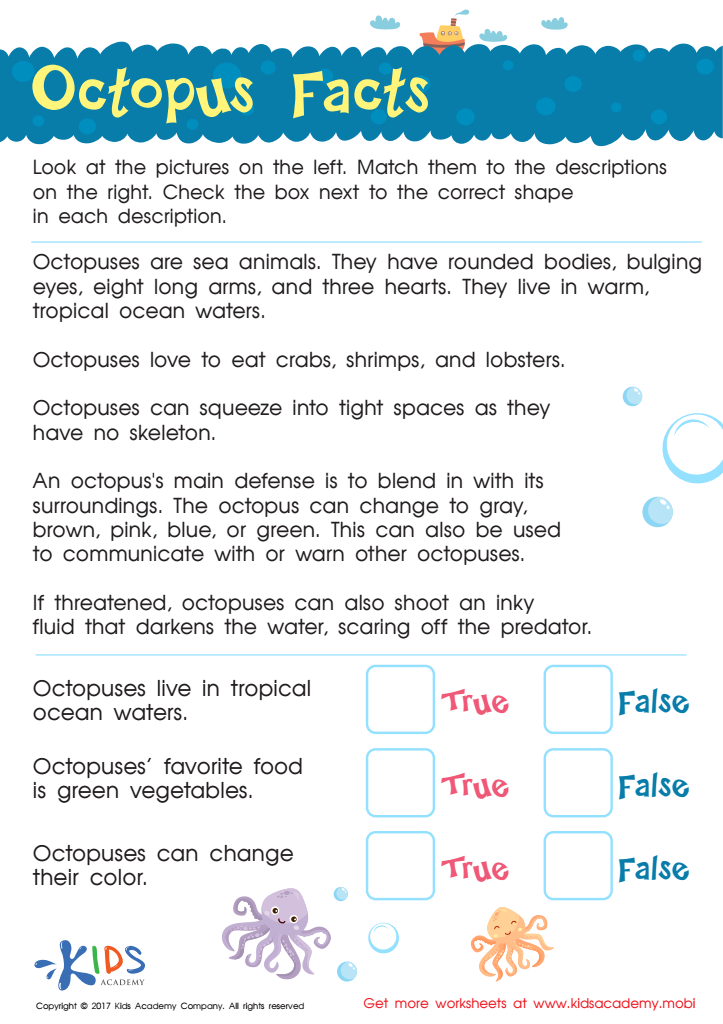

Octopus Facts Worksheet For Kids
Vocabulary expansion in the context of Plants and Animals is crucial for children aged 8-9 as it enhances their understanding of the natural world, promotes comprehension in science subjects, and encourages critical thinking. At this age, children are naturally curious, and vocabulary related to flora and fauna deepens their engagement with the environment. By learning terms like "photosynthesis," "ecosystem," and "biodiversity," they develop the language skills necessary to articulate observations and experiences, leading to better communication and expressive capabilities.
Moreover, a rich vocabulary aids in reading comprehension, enabling students to grasp complex texts about environmental science and related topics. This foundation not only supports academic success but also fosters a sense of stewardship towards nature, encouraging environmentally responsible actions.
Teachers and parents should care about vocabulary expansion because it prepares children to ask questions, make connections, and enjoy tasks that require higher-order thinking skills. In an interconnected world, understanding the terminology of plants and animals allows for better awareness of ecological issues, making students more conscious of their role in preserving the planet. Ultimately, cultivating this vocabulary sets the stage for lifelong learning, curiosity, and a pro-active attitude toward nature and science.

 Assign to My Students
Assign to My Students
